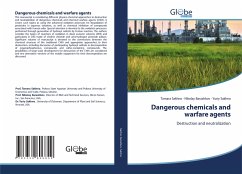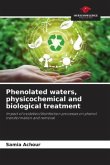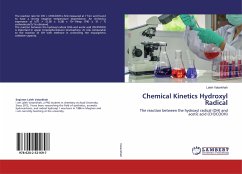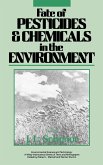This manuscript is considering different physico-chemical approaches to destruction and neutralization of dangerous chemicals and chemical warfare agents (CWA). It covers such topics as using the advanced oxidation processes for degradation of pesticides in aqueous solutions, as well as chemical inhibition of compounds associated with human odor. Special attention is devoted to the oxidation processes performed through generation of hydroxyl radicals by Fenton reaction. The authors consider the basics of reactions of oxidation in deep eutectic solvents (DES) and particularly in DES made of choline chloride and urea-hydrogen peroxide adduct. Significant volume of manuscript is devoted to the connections between the chemical structure of the traditional CWA and appropriate approaches to their destruction, including discussion of participating hydroxyl radicals in decomposition of organophosphorous compounds and sulfur-containing compounds. The possibilities of large-scale development for destruction of the CWA are considered and two alternative versions of the mobile equipment for their decomposition are discussed.








